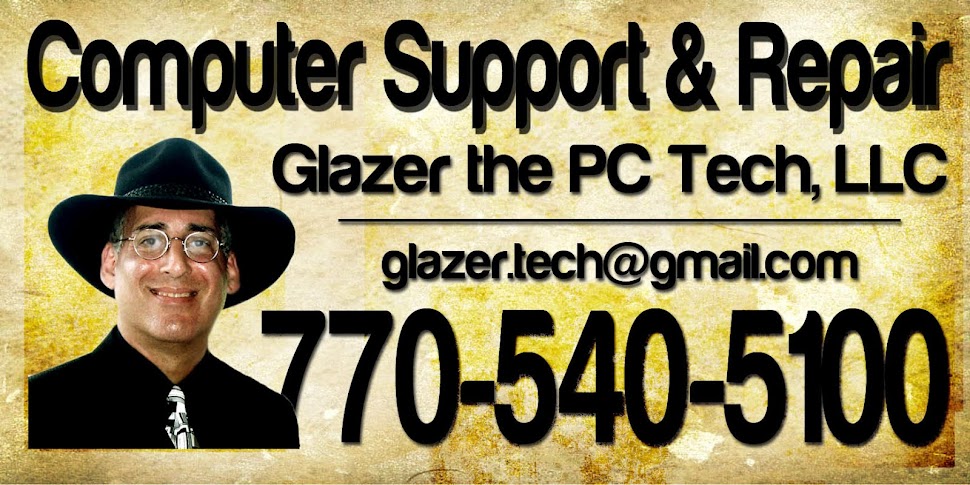| ||||||||||||||
After Windows loads on your computer, the reason you can’t immediately start clicking on icons or go online is that other applications are still being loaded in the background.
If one of those apps is your anti-virus or something else that you use or need on a regular basis like Skype, then it’s best to leave it alone. Unfortunately though, most of what loads are schedulers, updaters or random programs, things that don’t need to be constantly running with Windows.
Those rogue background applications, toolbars and widgets that find their way to your startup folder suck the life out of your system. By the time seven or eight unwanted items are loaded, little RAM is left where it is needed. Many (but not all) of these programs are referenced by icons next to the clock in your toolbar.
Windows will allow you to terminate what loads after it boots, but there are also third-party utilities for this purpose. Many as usual, are free.
Alternatively, there are also commercial versions of dedicated startup managers for Windows. Many all-in-one utilities or suites have a tool to handle startup programs.
Let’s start with Windows. In each version, if you click the Start button and type “msconfig” in the Search or Run box, it will open a System Configuration utility. Click on the startup tab and view the list within.
Uncheck the items you want to terminate and click “Apply,” then “OK.” You’ll then get pop-up asking you to restart Windows.
You can right-click on an icon in the list by the clock to terminate and delete it, but unless removed from the startup list, it will return at the next boot.
The only items on the list that you really need are your antivirus and malware utilities. If you use a password manager, it, too, is a keeper. Otherwise, all else is superfluous and may be terminated.
Keep in mind that you are not deleting any of these programs from the computer; you’re only stopping them from loading automatically at boot time. Anything that you remove from the list can always alternatively be run from your desktop or Start Menu.
If you do want to delete an item for good (they have a way of coming back), download and install the tiny “msconfig cleanup” tool. Only use it when you are sure you know what you are stopping from loading, as it will delete the item from the list, not allowing you to recheck it later on.
With “msconfig,” you can always go back and recheck a box should you change your mind. Once you use the “msconfig cleanup” tool, it’s gone.
Some other good free utilities to consider are Ccleaner, Autoruns, Starter, Startup Control Panel and Startup Inspector.
Another good program is Soluto. It was in beta (testing phase) for over a year, but now has the bugs worked out and is free for up to five PCs. It takes a while to load, but uses little resources once it does.
Soluto will explain what each program you have does (if it has heard of it), how much time it takes for each program to load and will give you the option to keep it, delay its loading or to delete it from the startup list.
Some utility suites that incorporate a startup manager are Win Patrol, System Mechanic, Advanced System Care, 360 Amigo System SpeedUp and Glary Utilities. All have commercial versions, but many of the free options have functional startup managers as well.
Worth repeating is my warning that just because something says it is a free download doesn’t necessarily mean it is a free program. All downloads are free; all programs are not.
To avoid the need for any of the aforementioned utilities, all you have to do is carefully monitor each installation on your computer. In most cases, it’s the user that provides permission for these “startups” to be installed in the first place.
Scrutinize each check box prior to clicking “Next” and “OK” during program installations. One of those checkmarks may give permission to install a secondary program alongside the app that you are knowingly installing.
This is where those widgets, toolbars and screensavers come from that mysteriously appear on your computer. If you let more than one or two slip by, you will need a startup tuner to eliminate them after the fact.
Your computer will run faster whether those startup items are quashed at installation, if you run the Windows utility or use a dedicated startup tuner to manage them afterward.
By supervising the programs that run in the background after Windows boots up, your computer will be able to run more efficiently. It will have access to the entire amount of system RAM available to it only when what needs to run, actually does.
Arthur Glazer is a freelance writer and computer technician in Gainesville. His column appears biweekly on the Business page and on gainesvilletimes.com.
|

On this blog you will find my columns originally published in The Gainesville [GA] Times. They appear every other Saturday on the Business Page in both the hard copy and online editions. Feel free to comment or inquire. If you would like to set up an appointment to have me look at your computer and you live in northeast Georgia, send an email to me at: glazer.tech@gmail.com or call me at 770-540-5100. If you have to leave a message, I will return your call ASAP. Thanks for reading - Arthur
Monday, September 3, 2012
Speed up your computer's boot time
Subscribe to:
Post Comments (Atom)

No comments:
Post a Comment
Got a Comment - or a quick question...